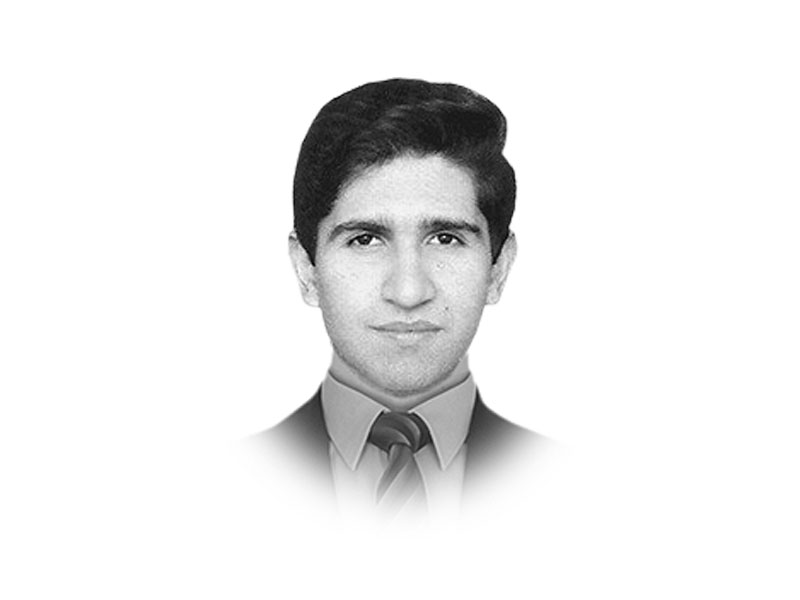
The ICJ panel found that “The US’ war paradigm has created fundamental problems. Among the most serious is that the United States has applied the rules of war to persons not involved in situations of armed conflict, and in genuine situations of warfare, it has distorted, selectively applied, and ignored otherwise binding rules, including fundamental guarantees of human rights laws.” The “binding rules” and “fundamental guarantees” that have tended to be violated with impunity during the GWOT are the Third and Fourth Geneva Conventions, the International Covenant on Civil and Political Rights, the US War Crimes Act and Uniform Code of Military Justice, and almost the entire body of international law governing war and human rights. The ICJ panel concluded that, contrary to the claims of the US government, the established principles of international law “were intended to withstand crises, and they provide a robust and effective framework from within which to tackle terrorism”. That is a far cry from condoning torture as a “necessary” tool as postulated by reputable legal authorities, such as Alan Dershowitz. Such rationalisations have tended to have a minimalist impact on gaining support for antiterrorism activities in developing countries such as Pakistan.
Americans have not been able to comprehend the nuances of Pakistani ethos as well. The continuous barrage of US communique encouraging secularisation has created a cognitive dissonance resulting in a communication gap between the Pakistani public at large and what is perceived to be a monolithic US state entity; conservative values are cherished in Pakistani society, and a stream of reports in the Western media about ‘extremism’, ‘fundamentalism’, and the conservative mindset of the Pakistani public has provoked negative reactions to western perceived attempts at promoting the secularisation of Pakistani society. All of the labels mentioned earlier are abhorrent to a majority of Pakistanis who continue to live peaceful, mundane existences marked by a mixture of progressiveness, conservatism, and traditional Islamic values. A society that displays such values is not easily understood by the West. Bearded men or veiled women are per se not signs of extremism in Pakistani society. An oft-ignored variable is the average Pakistani’s religious orientation; even though religiosity is indispensable to the Pakistani way of life, the average Pakistani voter has shown unequivocal disdain for terrorism. In order to tackle terrorists, they have to be isolated from mainstream society by alienating them from mainstream society, not by stereotyping Pakistani society as uniformly extremist as has happened in American media. This has the potential to even alienate the society; it seems obvious that US policymakers need to understand Pakistanis in their sociocultural context, which they have been failing to do.
In keeping with its own interests and those of Pakistan, the US needs to act as a reliable partner in Pakistan’s development; a ‘neocon’ style of engagement after achieving tactical victories and then withdrawing, as in the case of Afghanistan, will only lead to the emergence of another head of the Pakistani terrorism hydra . The US needs to be perceived in Pakistan as a more reliable partner to instil some confidence in the waning atmosphere of US–Pakistan cooperation. The US cannot just continue to engage the Pakistani leadership as the sole determinant of Pakistani politics in the medium to long-term; the common man has started to appreciate his rights, and, more important, civil society has found a way to depose dictators like General (retd) Pervez Musharraf through ‘agitational’ politics. There are signs of public empowerment in Pakistani society, which American policy echelons cannot just ignore by continuing to rely on the leadership. A win-win scenario will occur when Pakistan benefits from the US, geared at development and good governance, while the GWOT benefits from the suppression of terrorism in Pakistan.
Published in The Express Tribune, April 28th, 2013.
COMMENTS (7)
Comments are moderated and generally will be posted if they are on-topic and not abusive.
For more information, please see our Comments FAQ

1730959638-0/trump-(19)1730959638-0-165x106.webp)











I am a bit surprised that it was not reported that peace was breaking out all over PAK.
@Bubba: Dear Bubba, I think you missed my point. The US/ZION/NATO group have a world hegemonic plan and Pakistan is one of the bit players they want on side. To do this the elite groups in countries such as Pakistan are generously rewarded and with the exception of a few hums and haws they allow America, which is a Zion bully boy minion, to do whatever it wants. An example of this is drone aircraft. They are slow moving, easily detectable, people are always complaining about them, but to my knowledge Pakistan, which has an extremely good air-force, has not brought one down as yet.
@Sexton Blaket
Thanks for making my point. Doesn't matter whether American's provide money, technology or market access - many in Pakistan will hate regardless.
@M Zaidi, I eagerly read your articles as your young and want to know pakistan as young minds. But this article is disappointing. The basic principle of any Government of a country with respect to its foriegn policy is to look after its intrests around the Globe. Why should American Governmt of all the countries show sympathy or Empathy to Pakistan or its Government or its countrymen. Why should American Government think about Pakistanis sensibilities towards there relation ship to America. How are Pakistanis helping in American economy or Pakistanis paying there taxes to America. Pakistan Government, Pakistan perople in Power should look after the sensibilities of there people, Why should America and Americans be concerned about your cultural orientation as long as they are not affected gravely by it. You keep your cultural Orientation to yourself and rest will keep to themselves. Hope you can think over make more research and write. Most Importantly do not comment on American society or way of life, because it is HIGHLY mature and Liberal. Rather you should focus how pakistanis(various tribes) can first coexist with themselves INSIDE Pakistan.
First try to live peacefully inside your land, then you can think of the land far off the seven seas.
@Bubba: Dear Bubba, You are right. Pakistanis do not like America, but then, why should they be different from the rest of the world?
In keeping with its own interests and those of Pakistan, the US needs to act as a reliable partner in Pakistan’s development; . Bogus intellectual argument which ignores the obvious. The USA has given you Billions of dollars, provided you with technology (farming, energy etc) and has bought more Pakistan products than any other nation - the money, development, and market access has bought the USA what? By all accounts Pakistani's still hate America and terrorism is as bad as ever.